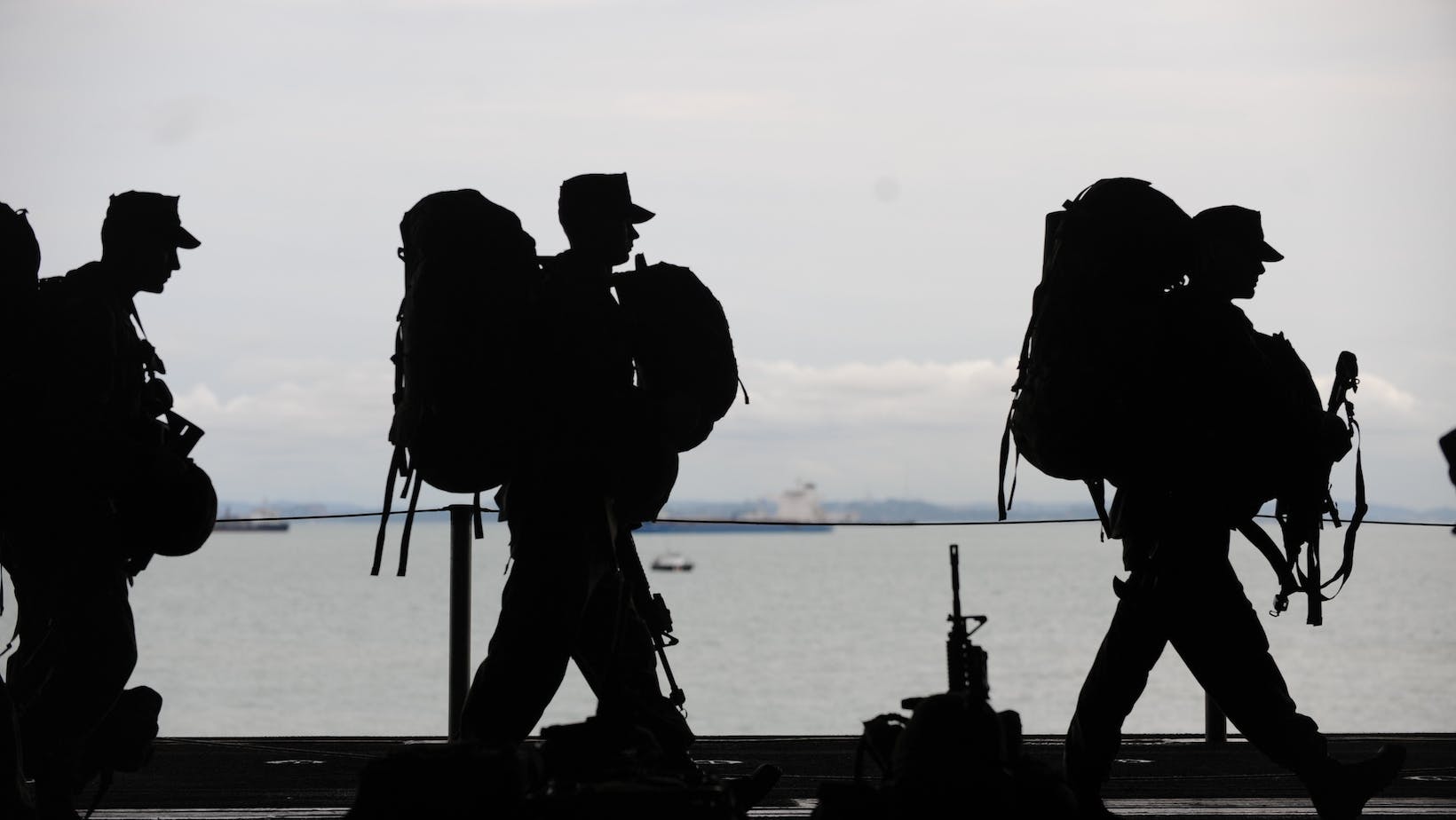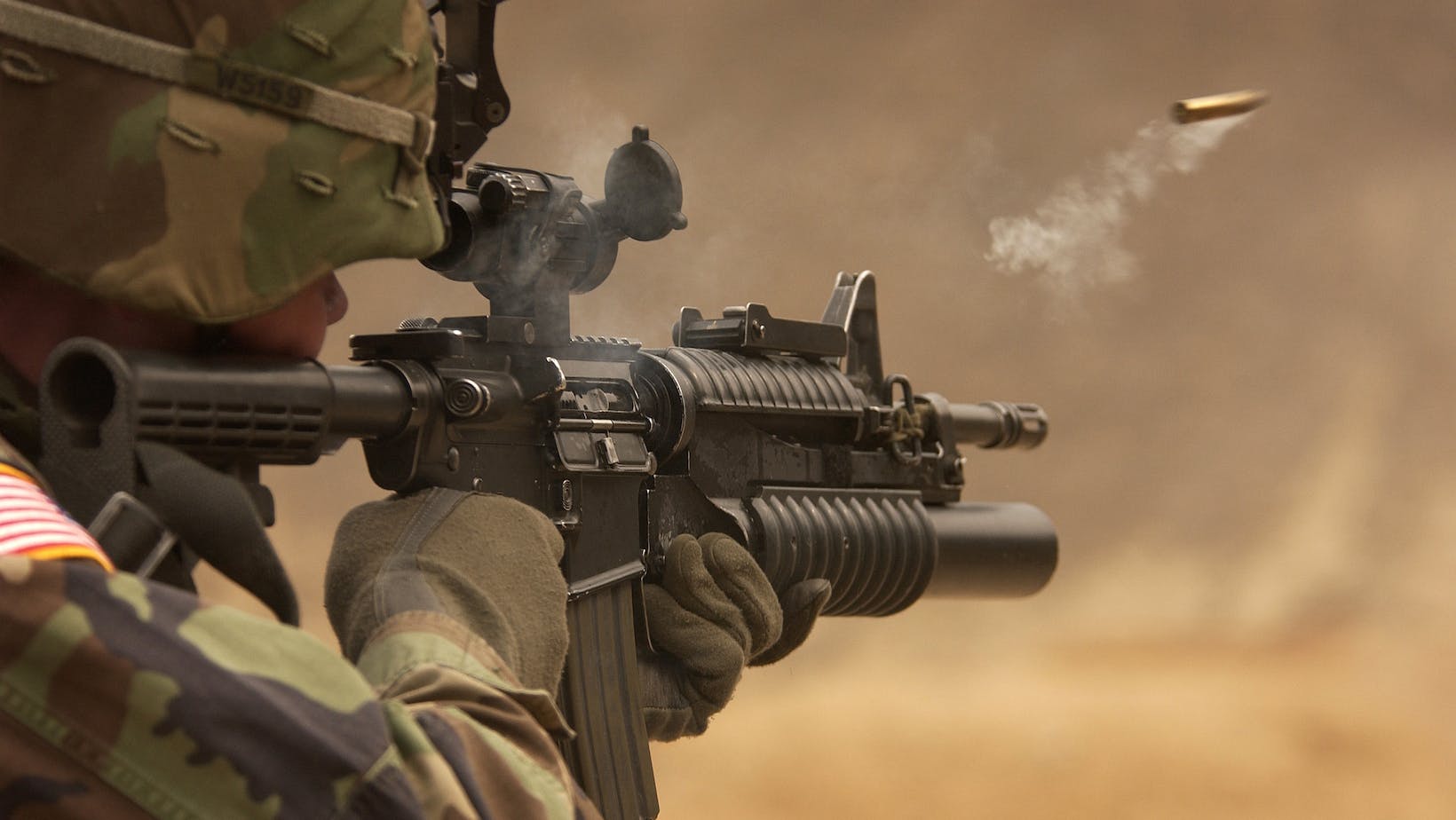
 War erupted in Yugoslavia because the country was a complex tapestry of ethnic and religious tensions, political rivalries, and historical grievances. As someone who has extensively studied the causes of conflicts, I can confidently say that the situation in Yugoslavia was a powder keg waiting to explode. In this article, I’ll delve into the various factors that contributed to the outbreak of war in Yugoslavia, shedding light on the intricate web of circumstances that led to such devastating consequences.
War erupted in Yugoslavia because the country was a complex tapestry of ethnic and religious tensions, political rivalries, and historical grievances. As someone who has extensively studied the causes of conflicts, I can confidently say that the situation in Yugoslavia was a powder keg waiting to explode. In this article, I’ll delve into the various factors that contributed to the outbreak of war in Yugoslavia, shedding light on the intricate web of circumstances that led to such devastating consequences.
One of the key reasons behind the war in Yugoslavia was the deep-rooted ethnic and religious divisions within the country. With a diverse population consisting of Serbs, Croats, Bosniaks, and other ethnic groups, tensions simmered beneath the surface for decades. These divisions were further exacerbated by a history of conflicts and grievances, making it difficult for the country to find a unified identity.
Additionally, political rivalries and power struggles within Yugoslavia’s leadership added fuel to the fire. The collapse of communism and the subsequent rise of nationalism created a power vacuum that was quickly filled by politicians exploiting ethnic tensions for their own gain.
War Erupted in Yugoslavia, Because The Country Was a
Yugoslavia was a country marked by deep-rooted ethnic and religious divisions, which played a significant role in the eruption of war. These divisions were a result of historical conflicts and grievances that had intensified over time.
- Ethnic Complexity: Yugoslavia was composed of six republics, each populated by different ethnic groups. The largest groups were the Serbs, Croats, and Bosniaks, but there were also significant populations of Albanians, Slovenes, and Macedonians. The diversity of ethnic backgrounds created a volatile environment where tensions and rivalries could easily ignite.
- Historical Conflicts: The history of the region was marked by centuries of animosity and conflicts between various ethnic and religious groups. These conflicts, including the Ottoman Empire’s rule, World War II, and the breakup of the Austro-Hungarian Empire, left deep scars on the collective memory of the people. The past grievances fueled a sense of resentment and a desire for revenge, making the situation in Yugoslavia highly combustible.
- Religious Divisions: In addition to ethnic differences, religious divisions further polarized the society. The majority of Serbs were Orthodox Christians, Croats were predominantly Roman Catholics, and Bosniaks were mostly Muslims. The religious differences, combined with historical animosities, created a toxic mix that further fueled the tensions between different ethnic groups.
- Nationalism: The collapse of communism in Yugoslavia and the rise of nationalism added fuel to the fire. Political leaders utilized nationalist rhetoric to fuel their agendas, exacerbating the existing divisions and stoking the flames of conflict. Nationalist propaganda emphasized the superiority of one’s own ethnic group and demonized others, further deepening the fragmentation within the society.

History of Conflicts and Grievances
The outbreak of war in Yugoslavia was fueled by a complex mix of factors. One significant factor was the country’s turbulent history of conflicts and grievances. These historical conflicts had deep roots and created divisions that ultimately led to the eruption of war.
Ethnic tensions: Yugoslavia was made up of diverse ethnic groups, including Serbs, Croats, Bosniaks, Slovenes, Macedonians, and others. Over time, tensions between these groups simmered, often fueled by historical grievances and territorial disputes.
Religious divisions: Another key element in Yugoslavia’s history was religious discord. The country had a mix of religious communities, including Orthodox Christians, Catholics, and Muslims. Religious differences further exacerbated the existing ethnic tensions, leading to a complex web of conflict.
World War II and aftermath: The wounds of World War II also played a significant role in the escalating conflicts. During the war, different factions within Yugoslavia fought against each other, causing deep resentments that prolonged the feuds well into the post-war period.
Tito’s rule and decentralization: When Josip Broz Tito came to power after World War II, he implemented a policy of decentralization to manage the diverse ethnic and religious groups in Yugoslavia. However, this system created a power vacuum that allowed nationalist sentiments to take hold, pushing the country further toward confrontation.
Nationalism and political rivalries: Nationalist aspirations and political rivalries added fuel to the fire. As the communist regime started to weaken and disintegrate, ethnic and nationalist movements gained momentum, fueled by historical grievances and aspirations for independence.
Understanding the history of conflicts and grievances is crucial to comprehend the complexity of the situation in Yugoslavia. This history shaped the deep divisions within the country, which ultimately erupted into a devastating war. By delving into these historical factors, we can gain insights into the tragic consequences of the conflict.






